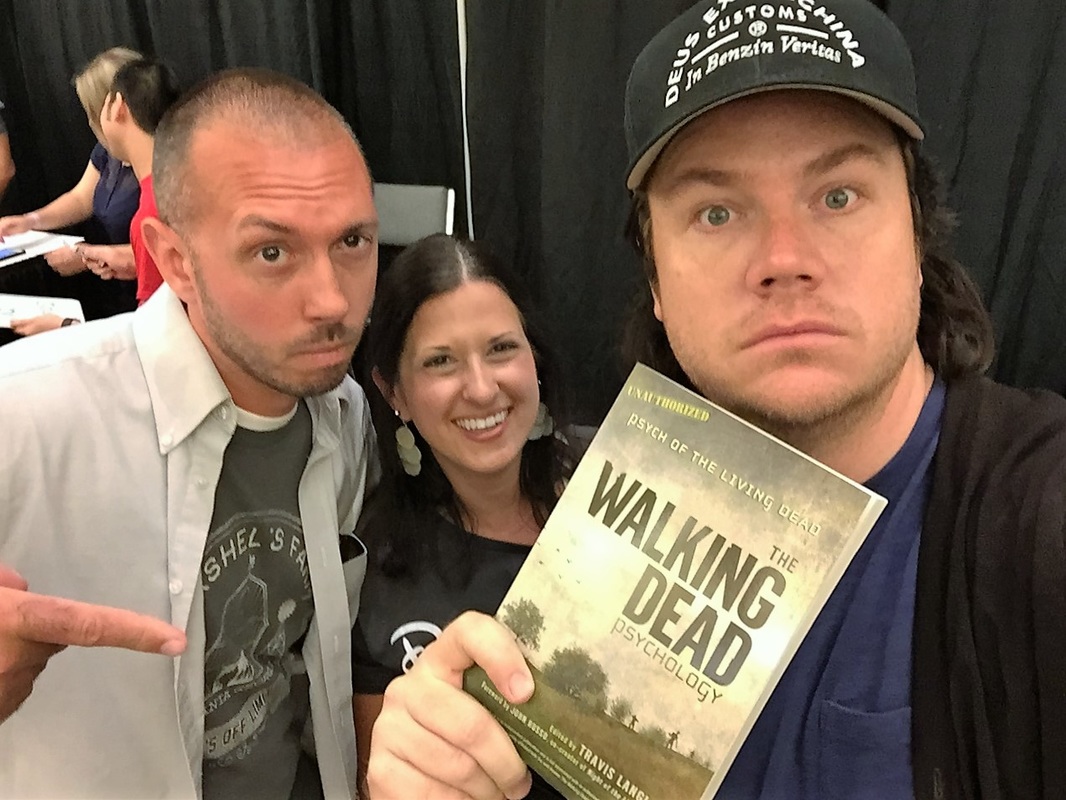AP Psychology Summer Assignment
Pre-Class Work – If you are able, I would do at least steps 1 and 2 right away to demonstrate how engaged you plan to be in the course. As your psych teacher, I'll use it to form a quick first impression of you and your willingness to read. Just kidding . . . kind of.
Step 1 - I will use Remind.com this year to send out class reminders and helpful hints. To sign up for this, just text the message @whspsy1718 to the number 81010. You can also sign up online at remind.com if you don’t have a phone.
Step 2 - You are encouraged to follow the class on Twitter @whsappsychology
Step 1 - I will use Remind.com this year to send out class reminders and helpful hints. To sign up for this, just text the message @whspsy1718 to the number 81010. You can also sign up online at remind.com if you don’t have a phone.
Step 2 - You are encouraged to follow the class on Twitter @whsappsychology
Step 3-Summer Reading
|
Choose ONE of the following books to read and annotate:
|
Josh McDermitt (Eugene from the Walking Dead) getting serious about some reading!
|
I will be reading Subliminal and Psych Experiments this summer. The Man Who Mistook His Wife for a Hat is one of my all-time favorite psych reads thanks to the amazing insights offered by the great Oliver Sacks. For those of you who choose 50 Psychology Classics, you will find it very helpful for the course as a whole. The Psychology of Harry Potter is good, especially the last two sections. As for The Psychology of Superheroes there’s a whole chapter on the Hulk. . . need I say more. If you have a psychology book in mind that you would like to read and it is not on this list (like say Travis Langley’s The Walking Dead Psychology: Psych of the Living Dead – brought this to Walker Stalker Con last year) just clear it with me first. The Relaxation and Stress Reduction Workbook is a must read for anyone who wants to deal with stress better.
RMU the book – worth 100 points
You must Read and Mark Up (RMU) your copy of this book. You will turn your copy of this book in. You should highlight key terms and concepts. You should make notations about their definitions and how they relate to your own life. You should write down your thoughts and insights as you read and learn about the field of psychology.
Application – extra credit throughout the year
In AP Psychology we do something called Psych Immersions. Anytime you bring up something from your world in class and can attach a psych term to it, you can write it down on a post-it note and get extra credit for it. Anytime you do this with the summer reading it counts for a Psych Immersion.
RMU the book – worth 100 points
You must Read and Mark Up (RMU) your copy of this book. You will turn your copy of this book in. You should highlight key terms and concepts. You should make notations about their definitions and how they relate to your own life. You should write down your thoughts and insights as you read and learn about the field of psychology.
Application – extra credit throughout the year
In AP Psychology we do something called Psych Immersions. Anytime you bring up something from your world in class and can attach a psych term to it, you can write it down on a post-it note and get extra credit for it. Anytime you do this with the summer reading it counts for a Psych Immersion.


